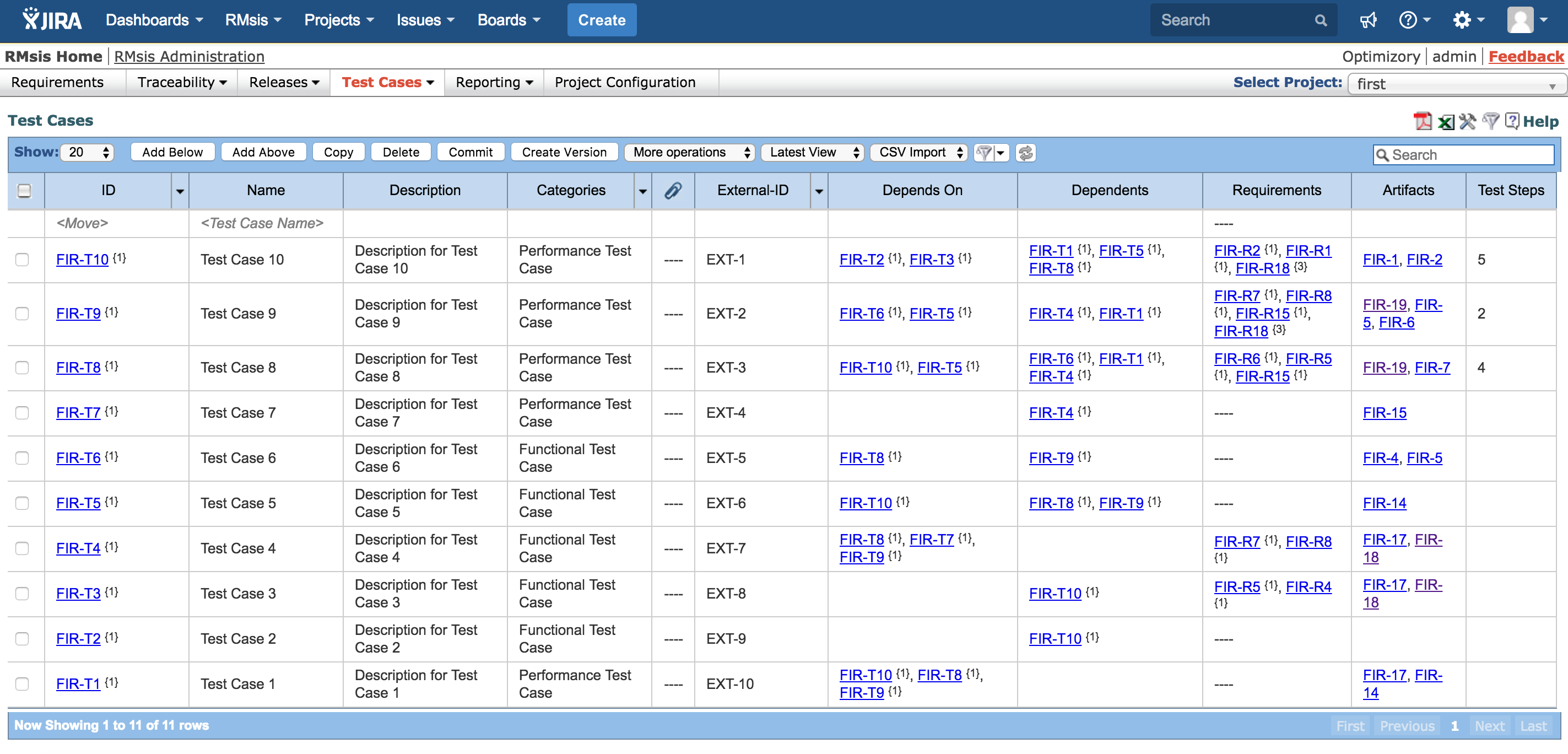8 Rules for Writing Effective Test Cases

If you’re a tester, you know how important test cases are in defining the final product. Writing test cases is not very hard but doing it right requires testers to follow a set of rules to optimize their testing efforts. In this article, I’ll be sharing some of these rules to help you write effective test cases.
Table of Contents
Stay in your lane
Instead of relying on your intuitions, take a logical approach to understand the features and functionalities. Intuitive behavior can deviate your focus from facts to assumptions which, in case of the client’s requirements, can not only affect the product under testing but also client-organization relationships.
Be mindful of the product updates
While sometimes, to cope up with short time windows, or after deploying an immediate bug fix, the SRS (Software Requirement Specification) may be left unattended, it’s imperative to stick to it. However, if it’s based on an outdated version of the software, you’re basically testing a depreciated feature. Therefore, it’s important to keep the SRS updated with respect to any major as well as a minor change.
Put yourself in the shoes of the customer
The customer is always right. If the customer complains that the software is not delivering according to his/her expectations, you should be able to relate with the customer and explain the problem to your development team from the customer’s point-of-view. While writing test scenarios, keep the customer’s requirement in mind because ultimately, the product is for the customer.
Take ownership of your test cases
In a large project, as a tester, you often observe a lack of ownership when it comes to test cases. Test cases are juggled among testers without proper distribution. In such scenarios, every tester should be responsible for only the test cases assigned to him/her.
Actively use test case management tools
These testing tools make managing a stable release cycle a lot easier. From developing a level of transparency to tracking deadlines and assigning tasks, test case management tools help write effective test cases and track the progress about them. For this, it’s important to learn the practical use of your respective tools.
Monitor all the test cases
Often, while working on a similar project, two testers bump onto a similar test case. Test cases need to be unique and proper monitoring should be done to ensure this. Also, remember to remove the irrelevant & duplicate test cases.
Aim for 100% test coverage
Test coverage is an important aspect for enduring the robustness of any software. It is vital to aim for a 100% test coverage before you deep dive in your test cases. Take a moment and plan your test cases to cover each component and functionality specified in the SRS document.
Be the critic
As discussed above, try to see things from the customer’s perspective, also when it comes to finding mistakes in your product. Often, the product team is blind to some scenarios until they’re reported by the end-user. For writing effective test cases you must do things differently, think exceptionally.





